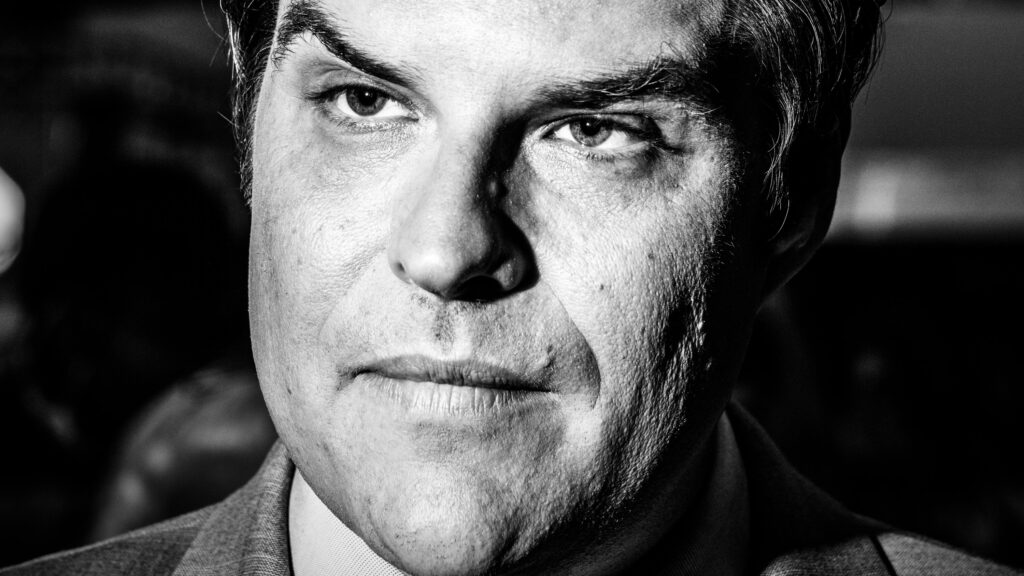
I find the behavior of Matt Gaetz, Marjory Taylor Greene, Lauren Boebert and Kevin McCarthy reprehensible; I hate it. These four MAGATS and many other so-called republicans are pursuing policies and positions that damage our democracy; the only reason I can see for how they behave is their love of power and attention. For these reasons – the obvious fragility of their tortured egos, their overpowering narcissism and yes, their cruelty – I feel compassion, or perhaps more honestly, I’m trying to feel compassion. Damn, it’s hard.
Hate the behavior but don’t hate the person, it’s advised. Love your enemy, says the good book. This is wise counsel, and who among us would not like to be treated this way? For me, this is tough; giving into hate and blame is so much easier, but I know it’s wrong. Hate and blame just add to our problems and however satisfying they might feel, they are the ruination of humanity.
The myriad problems in the world – political, economic, environmental, social – all have one thing in common; they are human problems that have been with us forever. We focus on such problems as if they are external to us, things that happen beyond our control. Admittedly, much about human life is beyond our control, particularly what we call the “cruel” force of nature. Typhoons, earthquakes, floods, blizzards, tornadoes; living on earth has never been easy or fully predictable. What’s easy is casting blame.
Blaming God is popular and takes us off the hook; after all, who among us can argue with God’s will? Our knowledge and sophistication have evolved, however, if not our emotions. Like the citizens of Oceania in Orwell’s novel “1984” we’ve become masters of “double think,” the ability to believe contradictory truths without feeling crazy. This uncomfortable talent allows us to act as if everything is fine although we know it isn’t. Believing two contradictory truths solves no problems but is an effective technique of denial; conflicting truths cannot be resolved rationally, forces us to set thoughts aside, and to instead forget about the world around us.
Forgetting turns us into bystanders – mere spectators to reality – as if life is just some TV show or spectacle. While engaging our emotions, the spectacle satisfies us temporarily. As Orwell’s daily “two minutes of hate” in “1984” provides emotional catharsis, our 24-hr “news” feed is always there to excite and stimulate us, creating fear and loathing while bathing us in blame. After all this exhausting emotional stimulation, who’s got energy to devote to solving problems? It’s simpler to hate.
Hate, like love, is powerful because it is real; attraction and aversion are primitive, hard-wired animal emotions tied to survival. To deny their reality is to discard honest and vital parts of ourselves. Yet is it possible to use hate for good? This brings us back to the issue of hating someone’s behavior but feeling compassion for them. We can effectively use aversion in solving problems if we don’t get caught up in hating people.
The Roman Emperor Marcus Aurelius (160-180 AD) was a thoughtful man; he kept a written record of his daily contemplations about others and the conduct of his own life. “In a sense, people are our proper occupation,” he wrote, “Our job is to do them good and put up with them….The impediment to action advances action. What stands in the way becomes the way.”